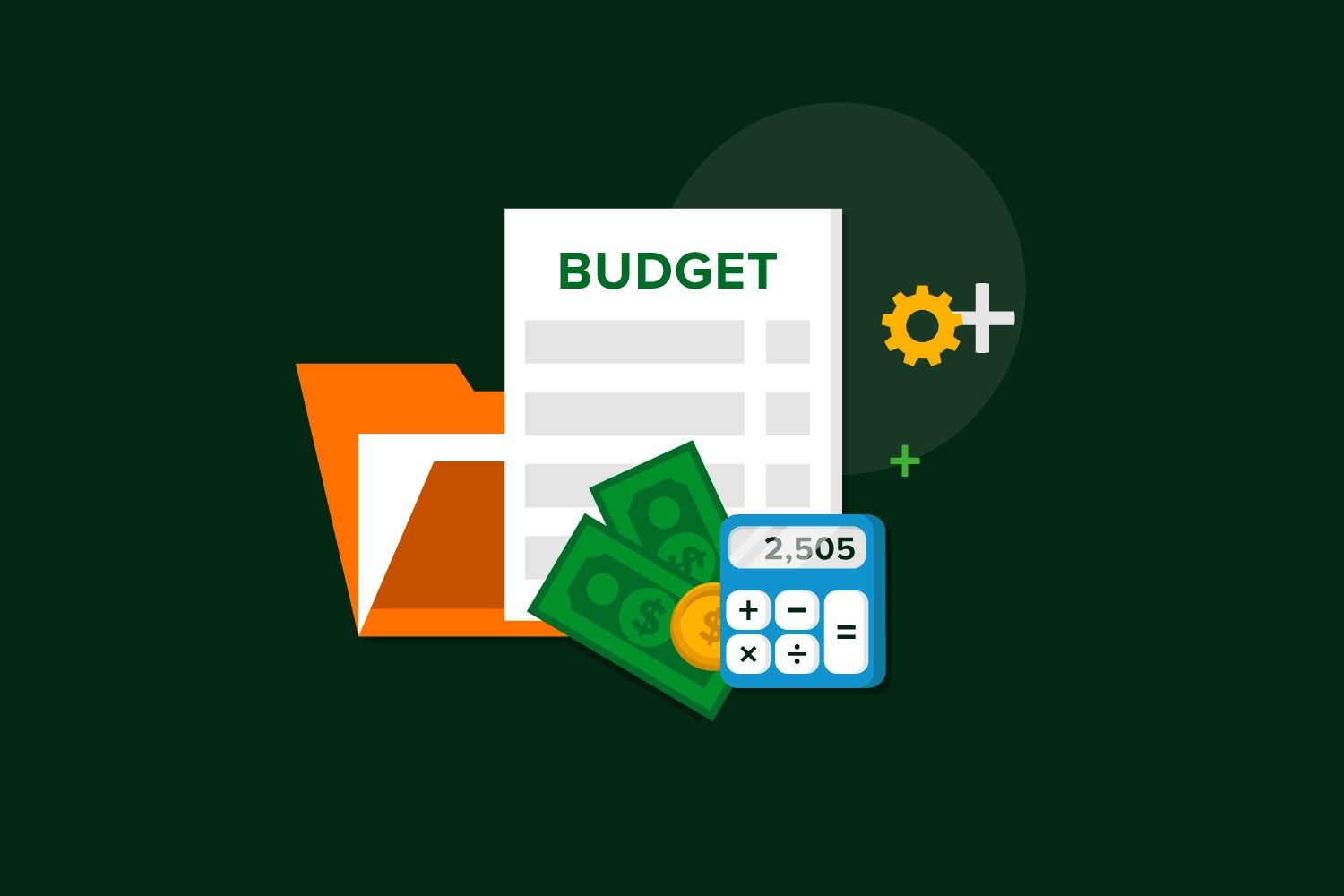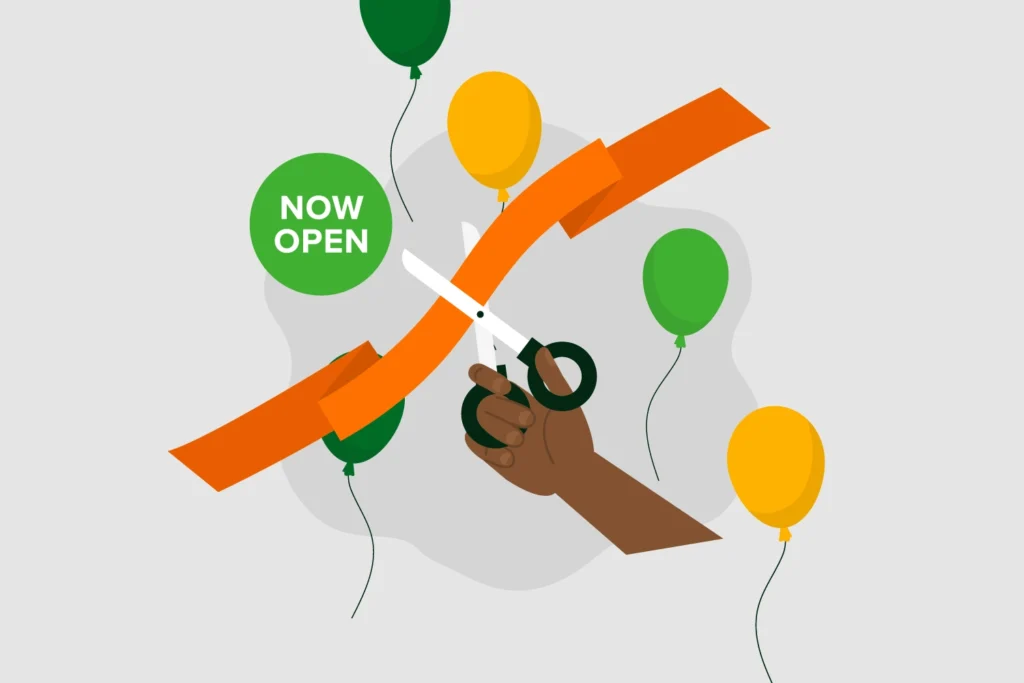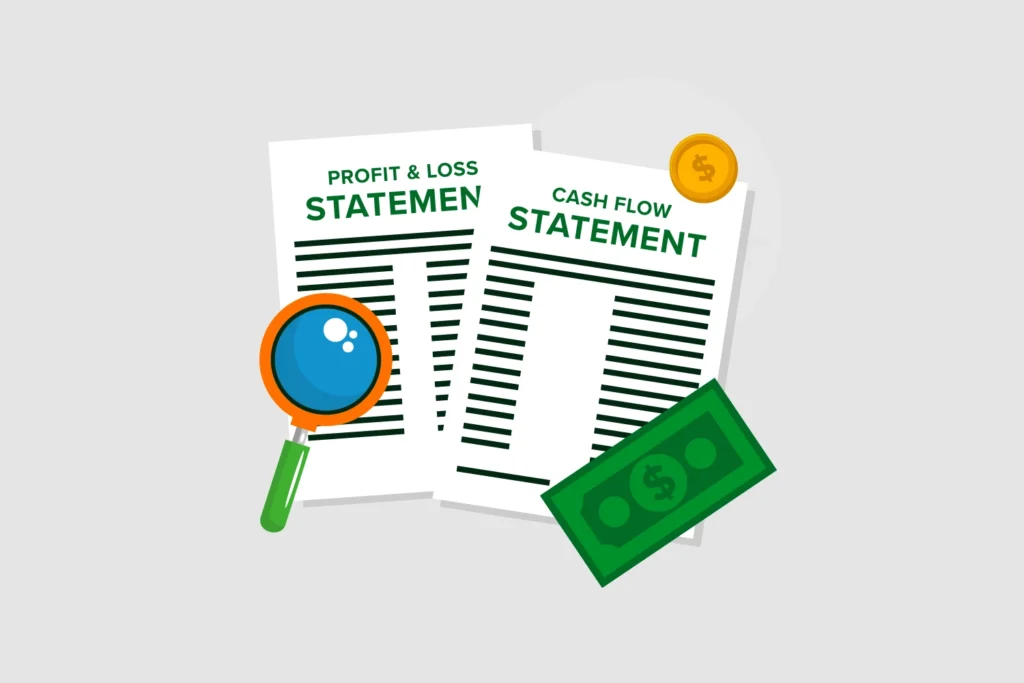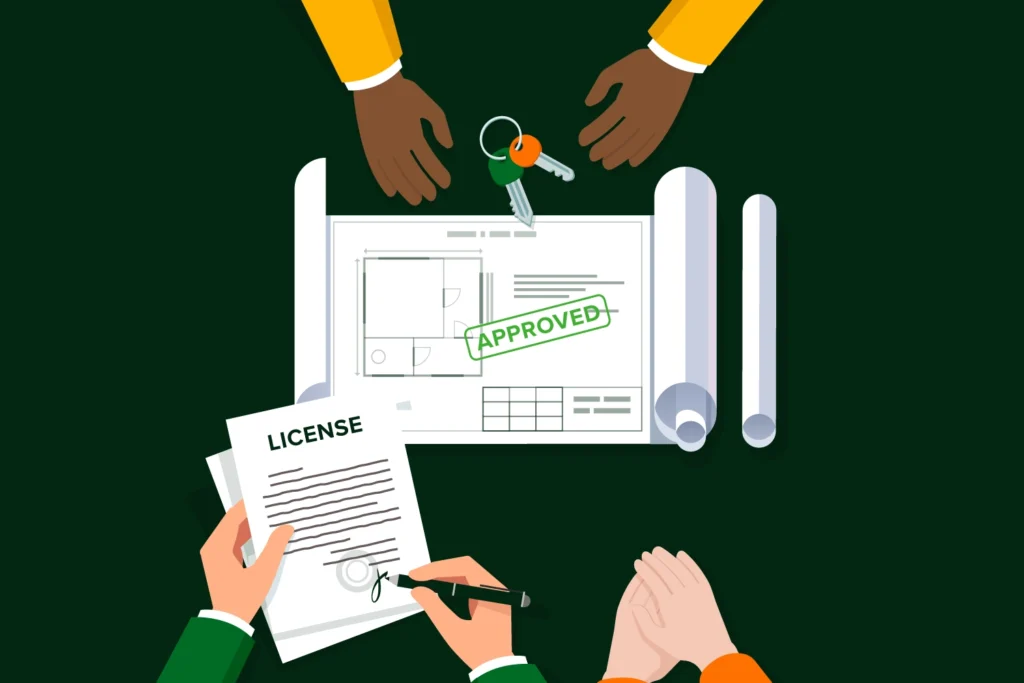Disclaimer: The articles published here on the City of Eau Claire Economic Development Division website are meant to be a helpful starting point as you explore doing business in our community. They’re not the final word on rules, requirements, or what’s best for your unique situation. We always recommend checking in with legal, financial, or other professionals for advice tailored to your business.
Launching a business in Eau Claire comes with a rush of big ideas and even bigger to-do lists. Amid all of that excitement, a solid startup budget and cash flow forecast can be just as valuable as your business plan. Creating them might not have the same thrill as designing your brand or landing your first customer, but both can help you see what’s ahead and steer clear of surprises.
Putting in the work now can make the road to success a whole lot smoother and far less stressful. Let’s dive deeper.
Why a Startup Budget Matters
Think of your startup budget as your financial roadmap. It helps you figure out how much money you’ll need to get going, what you’ll spend it on, and how long you can operate before turning a profit or needing outside funding.
Your budget basically tells you how much runway you have. That’s crucial when you’re just starting out. Without a budget, it’s easy to underestimate the true costs of launching and running a business. Small expenses—like software subscriptions, packaging, or credit card fees—can add up quickly and catch you by surprise.
A solid budget also helps you see what kind of revenue you need to break even. Are your prices sustainable? Will you need a loan or grant to cover the first six months? Your budget can answer these questions before you’re in the thick of it.
Even more importantly, a budget forces you to be intentional about your spending. You can prioritize the essentials like equipment, marketing, hiring while trimming what can wait.
And if you’re applying for funding, lenders and investors want to see that you’ve put real thought into your financial plan. A solid budget shows you’re serious, prepared, and ready to manage the ups and downs of business life.
The bottom line is, budgeting is one of your best tools. It keeps you focused, helps you make smarter decisions, and protects you from financial surprises that could throw off your plans.
What Should Your Startup Budget Include?
Breaking your budget into two parts—startup costs and monthly operating expenses—makes it easier to cover all the bases. Startup costs are one-time expenses you’ll pay before opening your doors or launching your site.
Common items include:
- Business Registration Fees: Registering with the state or county usually has a cost.
- Licenses & Permits: Special permits might be needed depending on your business type, like food handling or contractor licenses.
- Equipment or Tools: From kitchen appliances for a bakery to computers for a design studio, budget for what you’ll need to operate.
- Initial Inventory: If you sell products, you’ll need stock before you can make sales. And don’t forget shipping or delivery fees.
- Website & Branding: Today, a strong online presence is key. Think domain registration, website design, maybe a logo package.
- Rent & Security Deposits: If you’re leasing a space, expect to pay first and last month’s rent plus a deposit upfront.
- Legal or Accounting Help: Expert help setting up your business or handling contracts can save headaches later and often requires upfront payment.
Once you’ve mapped your startup costs, think about monthly operating expenses, the recurring costs that keep your business going. They start when you launch and keep coming each month:
- Rent or Mortgage: If you have a physical space, this is a big monthly expense.
- Utilities: Electricity, water, internet, phone… these add up.
- Payroll: Even if it’s just you, budget for your salary or any employees you hire.
- Marketing & Advertising: Getting the word out takes some investment—social media ads, flyers, sponsorships, etc.
- Insurance: Proper coverage like liability or property insurance is critical.
- Software or Subscriptions: Bookkeeping apps, design tools, payment processors often have monthly fees.
- Loan Payments: Include any business loan or line-of-credit repayments.
Always add a cushion for the unexpected. Spoiler Alert: There’s almost always going to be something unexpected that comes up. Whether it’s broken equipment, a delayed shipment, or a last-minute marketing opportunity, having wiggle room keeps you steady.
Creating a detailed picture of your costs upfront helps you avoid nasty surprises and keeps your business financially healthy from day one.
What Is a Cash Flow Forecast?
If your startup budget is the blueprint for what you plan to spend, your cash flow forecast is the play-by-play of how money moves in and out over time, like a monthly financial weather report. It helps you predict when cash will come in from customers, investors, loans, or grants and when it’ll go out for bills, rent, payroll, and supplies.
Why does this matter? Because cash flow is the lifeblood of your business. You might be profitable on paper, meaning your sales cover your expenses overall, but if the timing of your cash inflows and outflows doesn’t line up, you could find yourself scrambling to pay bills. This is especially true in your first year, which is often the toughest stretch for most businesses. Maybe customers pay late, or a seasonal expense hits before revenue arrives. Without a forecast, these gaps can cause real headaches or even force you to pause operations.
With a cash flow forecast, you can see ahead and plan. It highlights when cash might run low, so you can arrange backup funding, delay expenses, or accelerate payments. It also builds confidence by showing the runway you have month to month.
To sum it up, a cash flow forecast helps you stay ahead of finances, avoid surprises, and keep your Eau Claire business thriving.
How to Build a Basic Cash Flow Forecast
You don’t need fancy software or a finance degree to create a cash flow forecast. A simple spreadsheet in Microsoft Excel or Google Sheets works perfectly.
Here’s how to get started:
- Month-By-Month Breakdown: Set up a forecast for at least 12 months. This shows you how cash flows through your first year, when it might be tight and when you’ll have some breathing room.
- Cash In: Estimate your monthly revenue, plus any loans, grants, or investments. Be conservative and assume you’ll bring in a bit less than you hope to avoid surprises.
- Cash Out: List all your monthly expenses like your rent, utilities, payroll, marketing, and loan payments, plus any one-time costs you expect such as equipment or licenses. Use your startup budget to guide you.
- Net Cash Flow: For each month, subtract your total cash out from your total cash in. This shows your monthly gain or loss.
- Running Balance: Start with your opening cash (your startup capital or personal investment), then add or subtract your net cash flow each month. This tells you how much cash you have available moving forward.
Underestimate income and overestimate expenses to build in a safety buffer. If you do better than expected, that’s a pleasant surprise. This month-by-month snapshot of your finances can be a game-changer, helping you know when to hold steady, when to ramp up spending, or when to seek extra funding.
Why This Matters to Lenders & Investors
Planning to apply for funding, like an SBA loan, a City of Eau Claire revolving loan, or a traditional bank loan? Your startup budget and cash flow forecast are critical. Lenders and investors want to see that you’ve done your homework. After all, they’re not just handing out money; they want proof you understand your business and its financial needs.
A clear budget and forecast show you’ve carefully thought through how much money you need, where it will go, and how you’ll keep your business financially healthy. It also shows responsibility. Presenting a realistic cash flow plan proves you’re prepared for the ups and downs of running a business. This builds trust and can be the difference between getting funded or not.
Your plan doesn’t have to be perfect. Lenders expect some uncertainty, especially with startups. What matters is that your financial plan is thoughtful, realistic, and backed by solid research. That means you’ve talked to vendors, researched costs, and considered Eau Claire’s local market. Having these documents ready also speeds up the funding process, helping you get support faster.
Bottom Line: A clear, honest budget and cash flow forecast are powerful tools that show lenders and investors you’re serious about making your Eau Claire business succeed.
Local Resources Can Help
If you’re already feeling overwhelmed, Eau Claire has a strong network of support to help business owners like you every step of the way.
Here are some local places to reach out to:
Small Business Development Center (SBDC) at UW-Eau Claire
A great resource for building financial projections and planning your business growth. They offer free, confidential consulting and training tailored to your needs, including help with budgets, cash flow forecasts, and loan applications.
SCORE, Western Wisconsin
Sometimes you just need to talk to someone who’s been there. SCORE pairs you with experienced business mentors who offer free advice and feedback. Whether you want to bounce ideas off someone or refine your financials, SCORE’s volunteers are ready to help.
Western Dairyland Economic Opportunity Council
Free business planning tools, workshops, and coaching. While they specialize in helping women entrepreneurs, their services are open to everyone. They can help you with everything from writing your business plan to understanding financials and marketing.
Starting a business is a big step, but with Eau Claire’s local support network, you don’t have to go it alone. Reach out early and often; they’re here to help you turn your vision into reality.
Conclusion
Creating a startup budget and cash flow forecast is one of the smartest things you can do for yourself early on. It gives you a clear picture of what you need and sets you up for lasting success.
Article Cover Illustration by Freepik





